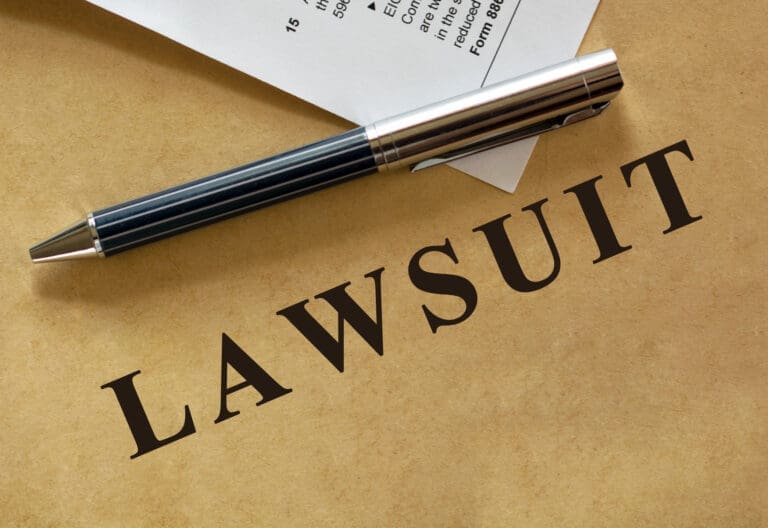
The concept of bailee policy in law is a crucial aspect of both civil and criminal legal systems, often underpinning many legal disputes and agreements. A bailee is a person or entity who is temporarily given control, custody, or care of property belonging to another, known as the bailor. This relationship, while seemingly straightforward, involves complex legal nuances and responsibilities that are essential for both parties to understand.
At its core, the bailee-bailor relationship is defined by the temporary transfer of possession, though not ownership, of property. The nature of this arrangement can range from formal contractual agreements, such as those seen in warehouse storage or dry cleaning services, to informal personal arrangements, like borrowing a friend’s book. Regardless of the formality, the legal implications are significant.
The key legal duty of a bailee is the duty of care. This duty requires the bailee to take reasonable care of the bailor’s property while it is in their possession. The extent of this care varies depending on several factors, such as the nature of the property, the terms of the bailment, and the benefits derived from the arrangement. In general, a higher degree of care is expected when the property is of high value or if the bailment is for the sole benefit of the bailee.
It’s also important to note that bailee liability can be affected by the type of bailment. For instance, in a mutual benefit bailment, where both parties gain from the arrangement, the standard of care expected is usually ordinary or reasonable care. In contrast, a higher degree of care, often termed extraordinary care, is required in bailments for the sole benefit of the bailee.
The responsibilities of a bailee extend beyond mere care of the property. They must return the property to the bailor upon the fulfillment of the purpose of the bailment. This return must be in a condition consistent with the terms of the bailment and the exercise of the appropriate standard of care. Failure to do so can result in the bailee being held liable for any resulting damages.
In certain situations, bailees can limit their liability through contractual agreements. However, it’s crucial to understand that such limitations are not absolute. Courts often scrutinize these clauses, particularly in consumer contracts, to ensure they are not unfair or overly restrictive. For example, a bailee cannot contract out of liability for their own gross negligence or willful misconduct.
The legal landscape of bailee policy is also shaped by various state laws and judicial decisions. This complexity means that the interpretation and application of these principles can vary significantly across different jurisdictions. For instance, some states may have specific statutes governing bailment in certain industries, such as automotive repair or garment care, which can impose additional duties or liabilities on bailees.
Bailment law also intersects with other areas of law, including contract law, tort law, and, in some cases, criminal law. For example, a bailee who uses the bailor’s property without permission or refuses to return it can face legal consequences beyond civil liability, potentially including criminal charges for theft or conversion.
The concept of constructive bailment further expands the scope of bailee policy. Constructive bailment occurs when a person unintentionally comes into possession of someone else’s property, such as through finding lost property. Even in these situations, the law imposes certain duties on the finder, akin to those of a bailee, such as the duty to attempt to return the property to its rightful owner and to take reasonable care of it in the interim.
For professionals and laypeople navigating legal relationships involving the custody of property, understanding the nuances of bailee policy is essential. This understanding helps in crafting clear agreements that delineate the responsibilities and expectations of each party. It also aids in resolving disputes that may arise when property is damaged, lost, or not returned as agreed.
In conclusion, bailee policy in law is a multifaceted area that requires careful consideration of various legal principles and state-specific regulations. Whether in commercial transactions or personal interactions, the roles and responsibilities of bailees and bailors are governed by a complex interplay of laws that aim to protect the interests of both parties. As such, gaining a comprehensive understanding of these principles is crucial for anyone involved in a bailment relationship.
Divulgación: Generative AI creó el artículo








